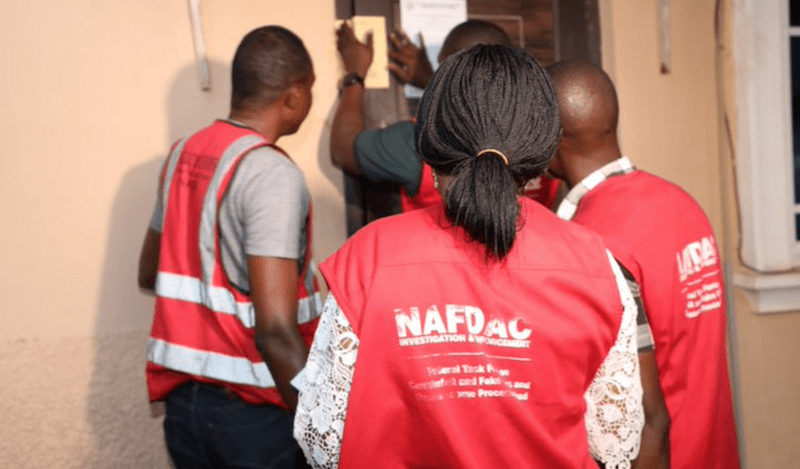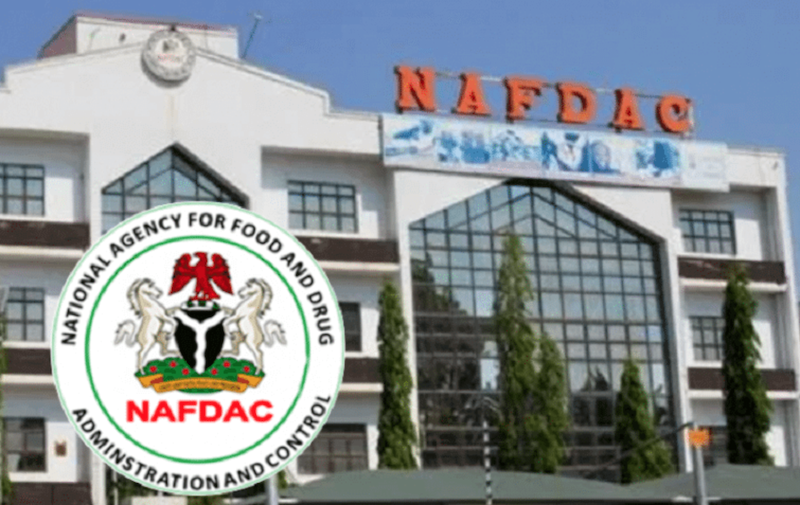The National Agency for Food and Drug Administration and Control (NAFDAC) on Thursday raided a rice-repackaging factory in New Karu, Nasarawa, for allegedly counterfeiting popular brands.
The enforcement operation, which confiscated numerous bags of rice from eight different facilities, was led by Mr Kenneth Azikiwe, the Director in charge of the FCT Directorate of the agency.
He explained that the operation was prompted by intelligence from members of the public and reports from the owners of the affected brands.
“Upon receiving these intelligence tips, NAFDAC Director-General, Prof Mojisola Adeyeye, issued a directive that only safe, quality, and wholesome food products should be available to Nigerians during the yuletide and beyond.
“She specifically instructed that those counterfeiting popular brands of rice should be arrested and their products removed from the market”.
Azikiwe added that the NAFDAC D-G also ordered corporate enforcement actions against those rebranding other people’s products.
“This act of counterfeiting rice is illegal. Consumers believe they are buying quality products, but the quality is often substandard.
“Today, after surveillance activities, we discovered facilities where a woman specialises in repackaging popular brands such as Bull 25kg, Stallion Rice 10kg, Tomatoes Rice 25kg, and several others.
“This woman uses a warehouse behind her residential house to carry out the repackaging, which is done only at night.
“Once packaging is completed, the products are moved to a warehouse during the day for sale to unsuspecting consumers.
“The packaging materials are kept in her residence to avoid raising suspicion among neighbours. Today, we visited the premises, confiscated the packaging materials, and seized some of the finished products.
“We also inspected her warehouse and stores where these items were kept for sale, confiscating all the brands found there. Additionally, we visited other warehouses involved in similar activities and destroyed their products, ”Azikiwe said.
He stressed that the agency’s primary aim is to ensure the health and safety of Nigerians.
Azikiwe urged members of the public to remain vigilant and report cases of counterfeiting, noting that such activities often take place within communities.
“If you see anyone engaging in such acts, please report to NAFDAC. Counterfeit products are usually of poor quality and are often produced in unhygienic environments, which makes it impossible to create wholesome or quality goods”.
He also advised the public to buy goods from accredited and trusted food shops, particularly during the festive season.
“People must learn to purchase from reputable dealers or supermarkets that maintain a reliable supply chain for quality products,” he said.
Azikiwe further urged Nigerians to always check for NAFDAC registration numbers, as well as the manufacturing and expiry dates, on all products they purchase.
He revealed that the value of the confiscated counterfeit rice from the operation was approximately N5 million.


